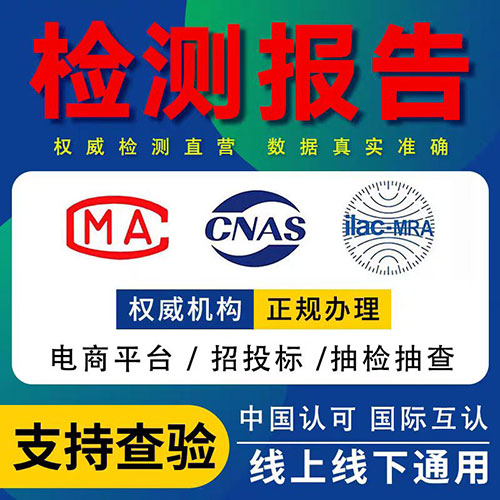rohs符合性英文怎么说
Understanding RoHS Compliance: What It Means and Why It's Important
If you work in the field of electronics, you have probably heard the term “RoHS compliance” before. But what exactly does it mean? And why is it so important? In this article, we will explore these questions and provide you with a comprehensive understanding of RoHS compliance.
What is RoHS Compliance?
RoHS, which stands for Restriction of Hazardous Substances, is a regulation adopted by the European Union (EU) in 2003. The regulation restricts the use of certain hazardous substances in electrical and electronic equipment (EEE) that are sold or used in the EU. The RoHS directive restricts the use of six hazardous materials, including lead, mercury, cadmium, hexavalent chromium, polybrominated biphenyls (PBBs), and polybrominated diphenyl ethers (PBDEs).
The purpose of the regulation is to reduce the amount of hazardous waste that ends up in landfills. It also aims to promote the recycling and safe disposal of electronic equipment. RoHS compliance is mandatory for any company that sells electronic products in the EU.
Why is RoHS Compliance Important?
RoHS compliance is important for several reasons. First and foremost, it helps protect the environment and human health by reducing the amount of hazardous waste that is released. The use of lead, for example, has been linked to environmental and health problems, such as soil pollution and developmental disorders in children. By restricting the use of lead and other hazardous substances, RoHS helps minimize these risks.
Secondly, RoHS compliance is important for companies that sell electronic products in the EU. Non-compliance can result in fines and legal problems. Companies that fail to comply may also suffer damage to their reputation and lose business.
Finally, RoHS compliance is important for consumers. By choosing products that are RoHS compliant, they can be sure that the products they are buying are safe for themselves and the environment.
How to Achieve RoHS Compliance?
To achieve RoHS compliance, companies must ensure that their products do not contain any of the restricted substances. This requires careful testing and verification of the materials used in the product. It also requires close collaboration with suppliers to ensure that they are using RoHS compliant materials.
Many companies choose to work with third-party testing and certification organizations to ensure RoHS compliance. These organizations can perform tests to check the presence of restricted substances in a product and issue a RoHS compliance certificate if the product passes.
The Benefits of RoHS Compliance
Beyond the environmental and health benefits, RoHS compliance offers several other benefits to companies. Firstly, it can help improve their reputation as environmentally responsible and socially conscious. This can be an important factor for consumers when choosing which products to buy.
Secondly, RoHS compliance can help companies enter new markets. As RoHS compliance is mandatory in the EU, companies that are RoHS compliant can sell their products in the EU without any legal issues. This can help companies expand their customer base and increase revenue.
Finally, RoHS compliance can help companies reduce costs. By using RoHS compliant materials, companies can avoid fines and legal problems, and can also reduce the costs associated with disposing of hazardous waste.
Conclusion
In conclusion, RoHS compliance is a mandatory regulation in the EU that restricts the use of certain hazardous substances in electronic products. RoHS compliance is important for protecting the environment and human health, avoiding legal issues and fines, improving a company's reputation, entering new markets, and reducing costs. Achieving RoHS compliance requires careful testing and verification of materials used in products. Companies that are RoHS compliant can benefit from increased revenue, improved reputation, and reduced costs.

 专属客服微信
专属客服微信
 185-2658-5246
185-2658-5246 有样品要送检?试试一键送检,15分钟极速响应
有样品要送检?试试一键送检,15分钟极速响应



